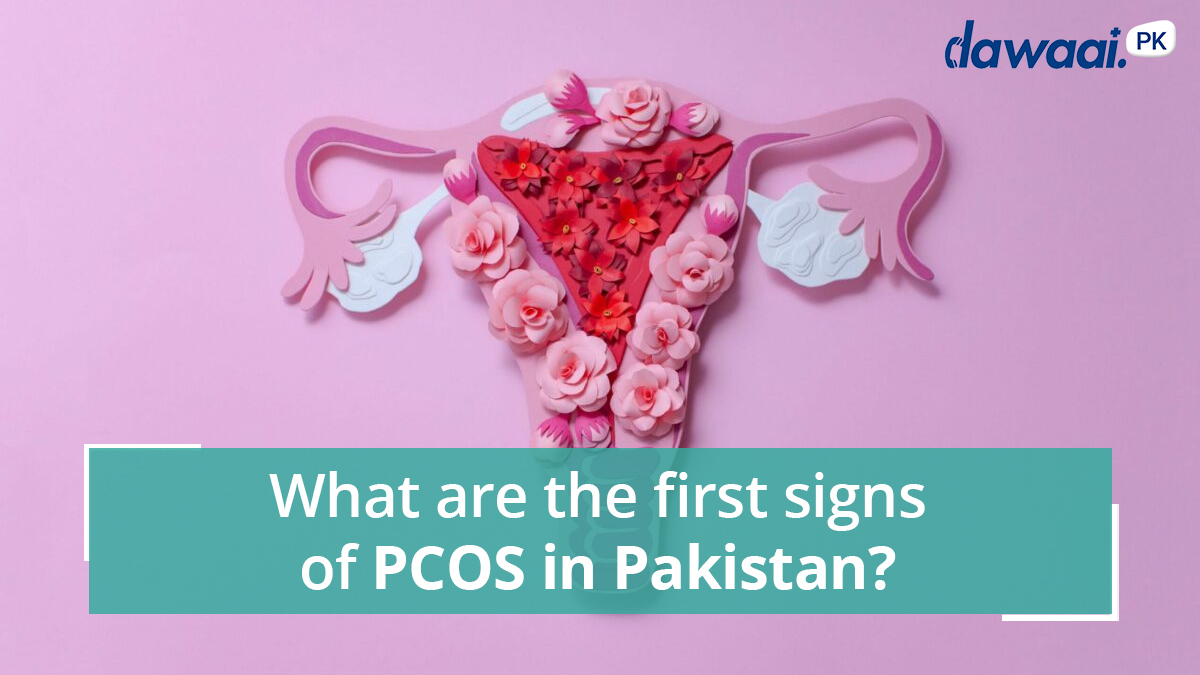Medically reviewed by Dr. Unsa Mohsin.
Child birth is the most miraculous thing in the world. Both the parents already love their offspring even before they are born. They say the feeling of taking a look at their beautiful new infant is out of this world.
However, while all of that is true, new moms often fall into depression. Doctors call it postpartum depression and describe it with symptoms such as finding oneself withdrawing from both their partner and the baby, feelings of guilt, worthlessness and anxiety taking over that won’t let the mother sleep and suicidal thoughts or wishing they were dead.
With your routine changing 180 degrees and sleep deprivation as well as no time for oneself taking a toll you, baby blues should be expected.
So, let’s read ahead and learn how to manage the baby blues!
Exercise Whenever Possible
Asking a new mom to take time out to exercise might seem absurd, but when postpartum depression is there, it’s a must.
So, if you are a new mom with baby blues, make sure you turn on YouTube and practice some at-home exercises while your baby is asleep. Go out for a walk in the park with your infant and if your partner is there too, even better. Hand your baby over to them and get ready to run!
Make Time for Yourself
Parenting is a two-way street. As important as it is for a child to be nurtured by their mom, its equally important for them to be played and protected by their father. So, make a schedule and in that schedule, make sure an hour of your day is for yourself. Take help with taking care of your baby in that one hour from your partner. Paint, watch TV, go out with friends or anything that musters the feelings of self-love within you.
Take Fish Oil
According to a research, women who have low levels of omega fatty acids, such as DHA are more likely to have postpartum depression.
Therefore, make the fish oil capsules or just fish a part of your daily routine. If you are a vegetarian, flaxseed oil is a great source!
Have a Shoulder to Cry On
So, the most important thing when you are dealing with PPD is to resist isolation. Mothers experiencing a roller coaster of these feelings often tend to separate themselves from loved ones and fear being judged.
But there is always someone who can help you calm down and help you out. Talking is helpful, so talk it out. In fact, according to Canadian Journal of Psychiatry, talking about your feelings with others can help shift your mood. So, make a call to your best friend and let it all out. Don’t be guilty and let your partner know about everything as well. You are in this together!
In a Nut Shell
PPD is a treatable disorder and can considerably improve once its recognized and being treated. Psychiatric help is necessary, but what’s more important is the support of loved ones and the partner.
So, if your sister, wife, or friend ever comes to you with this problem, please be an ear to listen and a shoulder to cry on. Help them out and bring them back to life again!
Guest Credit: Maleeha Syed




